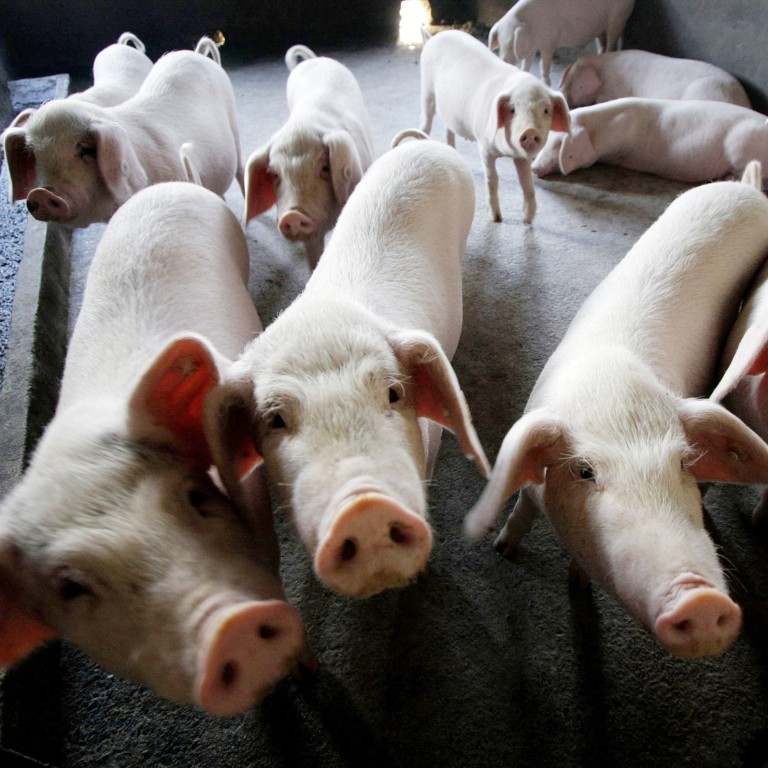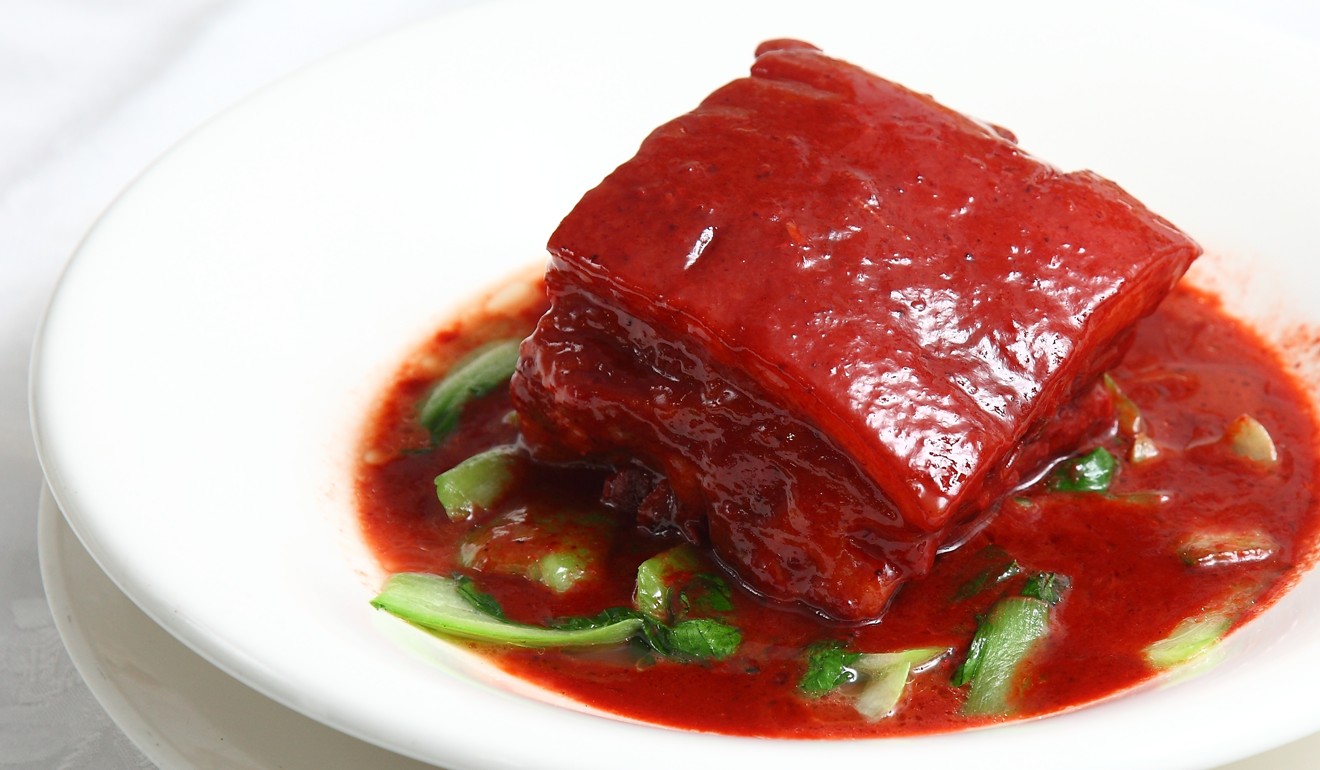
African swine flu threatens China’s long and storied love affair with pork ahead of the Year of the Pig
- Pigs have played an important cultural and culinary role in China for 8,000 years
- In ancient China, the animals were buried with their owners to offer nourishment in the afterlife
The domestication of pigs is as old as Chinese civilisation itself. Pens, with the remains of pigs in them, and clay effigies of the animal, were unearthed from archaeological sites dating back between 5,000 and 8,000 years in locations as far apart as Henan, Zhejiang, Shandong and Liaoning. Domesticated pigs were not only a source of food, they were also used in funerary rites. Skulls and sometimes entire skeletons of pigs were found in pre-historical human graves.
Hong Kong pork prices likely to rise as swine fever hits mainland supplies
While families did keep several pigs at home, pig rearing had become quite specialised by the historical age, with sizeable farms dedicated to pig husbandry. People of the Shang dynasty (1600-1046BC) were already castrating boars, presumably for fatter and tastier pork. Poems and records written during the Zhou dynasty (1046-256BC) document how pigs were a measure of wealth for families and pork had become the main source of meat.
The animals began to form an important part of state and social rituals, and were even buried with their dead owners for the latter’s nourishment in the afterlife. In the early Zhou period, only the king, or the Son of Heaven, enjoyed the prerogative of sacrificing cows, goats and pigs to their ancestors and the divinities in heaven. Members of the aristocracy sacrificed goats and pigs, while ordinary noblemen offered pigs. Commoners used grains, fish and fowl.
The rigidity of social classes broke down in the latter half of the Zhou period, with large numbers of laymen climbing the social ranks through education, accumulation of wealth and government service. They began to appropriate the practices of the nobility, one of which was making offerings of pork, a custom that continues to the present day.

Over the millennia, the Chinese devised ingenious ways of preparing pork for the table. One of my favourite dishes is Dongpo pork, a cube of fatty pork braised in soy sauce, Shaoxing wine, sugar and other condiments until it turns a beautiful shade of dark red and the oleaginous gem melts in your mouth.
The dish was supposedly popularised by the famous poet, literati-official and bon vivant Su Shi (AD1037-1101), also known as Su Dongpo, when he was demoted by the court and exiled in 1080 to a district in Hubei. Living in penurious circumstances but used to finer fare, he took a local pork dish and improved it. His delicious culinary handiwork eventually spread to big cities like Hangzhou, where the popular dish became known as Dongpo pork.
5 best restaurants to visit when in Hangzhou
I also like the various types of roast pork in Cantonese cuisine: char siu, roast pork belly and roast suckling pig, and they are among the few things in Hong Kong that I do not tire of.
My absolute favourite pork dish is bak kwa, sheets of barbecued pork that are a speciality of Minnan-Hokkien Chinese communities in Singapore, Malaysia, Thailand and other parts of Southeast Asia. I’ve been known to polish off a kilogram of the stuff in one sitting!
One hopes that the African swine fever afflicting pig farms in China will pass without much ado, the hogs will grow fat, and the Chinese can properly enjoy the coming Year of the Pig.

